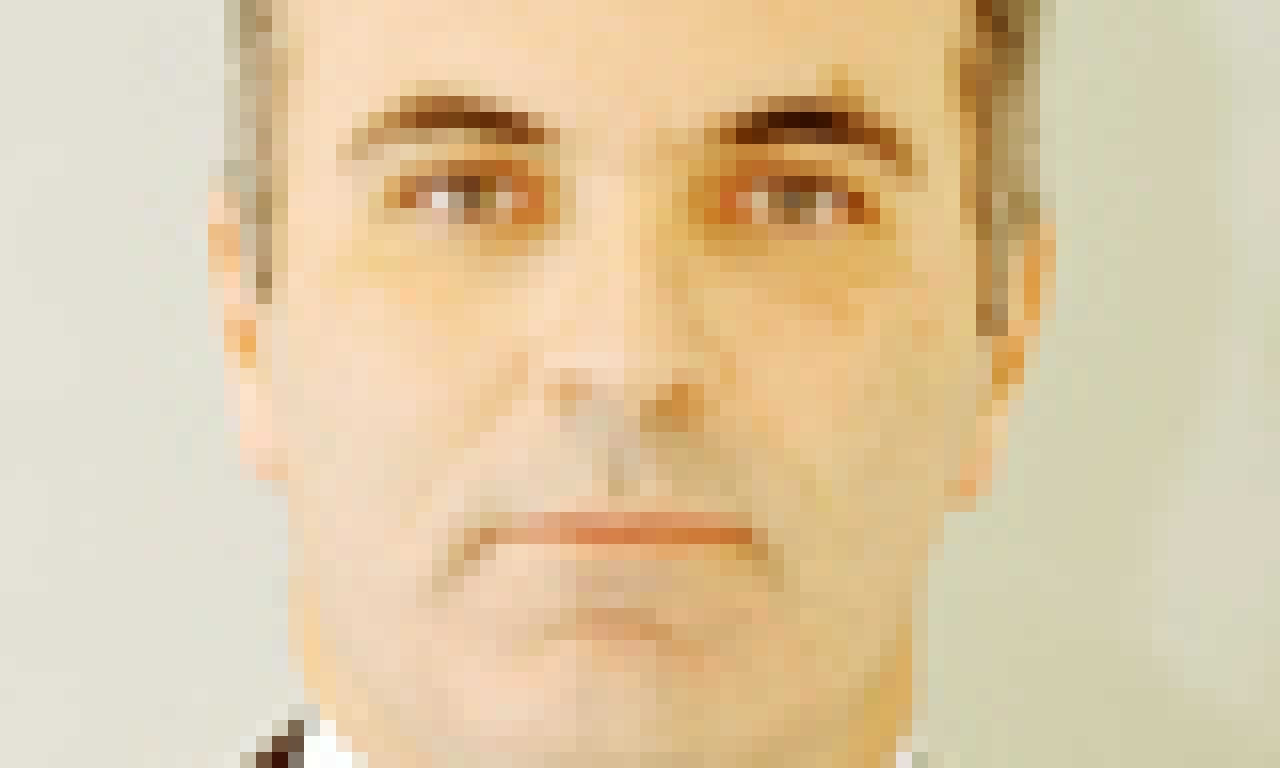(Pictured: Richard Keary)
by Penny Pryor
Commodities might be going through a rough spell, but with inflationary pressures increasing, investments that can act as a hedge, such as commodities, could be about to experience an upswing. An Australian-owned European manager thinks so.
“Once the asset class actually picks up and produces some decent returns we are one of the few investors with a very strong track record,” head of operations at Swiss-based Commodity Strategies AG (CSAG), Richard Keary, says.
“We struggle along, but we’re still in business which you can’t say for a whole host of other commodity funds.”
The vast majority of investors in CSAG continue to be Australian and New Zealand based, according to Keary, and they understand the importance of diversification across the entire gamut of asset classes. “The last few years have surprised me completely,” he says.
Keary is an Australian ex-pat who moved to Switzerland in 2012 with his family, taking up a strategy position for CSAG. He has subsequently moved to London with the firm. He is well known in the hedge fund world, having launched a funds-of-hedge funds business for Rothschild Australia in the late 1990s, and then for BT Investment Management after it acquired Rothschild. He also headed up the Australian presence of FRM, a big European hedge fund manager.
“I can’t believe that equities have performed so well because the fundamentals aren’t there and I’m surprised commodities haven’t performed better,” he says.
CSAG has just launched a new commodity fund for Australian investors with daily pricing, no incentive fees and no borrowing. The Cayman Island fund was launched with $25 million in assets and invests in liquid commodity futures contracts.
CSAG’s predecessor, Commodity Strategies Limited, was co-founded in Australia in 1999 by Robert Holroyd. The company relocated to Zug Switzerland in 2011.
“By moving to Switzerland you were closer to a more natural client base. Unfortunately that coincided with this incredible bull market in equities,” Keary says.
Keary expects the velocity of money will eventually pick up and global inflation will rise.
“The world seems to be a really crazy place and that, in itself, is not inflationary but supply side shocks to oil and [with] other strategic metals there is a big price response,” he says.
The price of oil has been going up but it hasn’t been going up the way it would have if people were worried about an oil shock.

